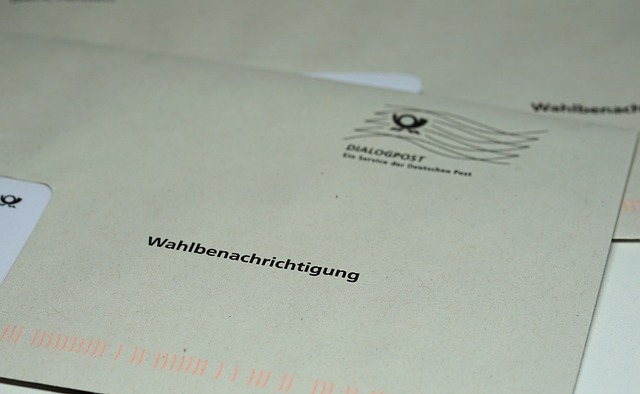Ensuring Election Integrity: Arizona's New Law
Phoenix, AZ – Arizona has enacted a significant piece of legislation aimed at reinforcing the integrity of its elections. The new law, signed by Governor [Governor's Name, if available; otherwise, use title] requires individuals to provide documented proof of citizenship when registering to vote. This measure is intended to prevent non-citizens from illegally participating in the electoral process, a concern that has been voiced by conservatives and election integrity advocates for years.
Key Provisions of the Law
The core of the law mandates that all new voter registration applications be accompanied by acceptable documentation verifying U.S. citizenship. Acceptable forms of documentation typically include a birth certificate, passport, or other government-issued documents that clearly establish citizenship. The law also outlines procedures for verifying the authenticity of submitted documents.
Supporters Cite Election Security

Proponents of the law argue that it is a necessary step to safeguard against potential voter fraud and maintain the integrity of the election system. State Senator [Senator's Name, if available; otherwise, use title], a key supporter of the bill, stated, "This law is about protecting the fundamental right to vote for American citizens. By ensuring that only eligible citizens participate, we strengthen our democracy and uphold the principle of one person, one vote."
Concerns Over Potential Disenfranchisement
Critics of the law express concern that it could disproportionately disenfranchise eligible voters, particularly those in minority communities or those who may have difficulty obtaining the required documentation. Some argue that the law creates unnecessary barriers to voting and could suppress voter turnout. Opponents are likely to challenge the law in court, citing potential violations of federal voting rights laws.
Critics fear the law could negatively affect voter turnout, especially among minority communities and those who may struggle to obtain the necessary documentation.
Legal Challenges Anticipated
Legal experts anticipate challenges to the law, arguing that it may conflict with the National Voter Registration Act (NVRA) and other federal statutes. Similar laws in other states have faced legal scrutiny, and the outcome of any potential litigation could significantly impact the future of voting regulations in Arizona.
Impact on Future Elections

The implementation of this law is expected to have a notable impact on future elections in Arizona. Election officials are now tasked with educating voters about the new requirements and ensuring that registration processes are compliant. The long-term effects of the law on voter participation and election outcomes remain to be seen, but its passage underscores the ongoing debate surrounding election integrity and voting rights in the United States.
Resources for Further Reading
- Arizona State Legislature Official Website
- Election Law Center
- Department of Justice - Voting Rights Section
